Apple Just Killed Old Siri: $1 Billion Google Deal Brings 8x Smarter AI in 2026
Apple is making a big move with Siri that nobody saw coming. The company is teaming up with Google to rebuild its voice assistant from the ground up. This partnership marks a major shift in how Apple approaches AI technology.
For years, Apple tried to make Siri better using only its own technology. That plan did not work out as expected. Now, the company is turning to one of its biggest competitors for help. This deal will change how Siri works and bring new capabilities that current users have been asking for.
The changes go beyond just small updates. Apple is preparing a complete overhaul of Siri that will launch next year. The deal involves significant money, new technology, and raises important questions about Apple's AI future. User privacy, China's market, and Apple's long-term plans all play a role in this story.
Let's get into it.
Executive Summary
Apple will pay Google approximately $1 billion annually to use its Gemini AI model for the new Siri launching in spring 2026. The partnership brings a massive upgrade from Apple's current 150 billion parameter model to Google's 1.2 trillion parameter system.
Key Deal Points:
- Launch Date: Spring 2026 with iOS 26.4
- Cost: $1 billion per year paid to Google
- Model Upgrade: 150 billion to 1.2 trillion parameters
- Google's Role: Handles understanding and planning functions
- Privacy Protected: Runs on Apple's servers, data never reaches Google
This arrangement is temporary. Apple is developing its own 1 trillion parameter model that could launch by late 2026. However, the company faces challenges including the loss of 12-15 key AI researchers to competitors like Meta, OpenAI, and Anthropic.
Regional Differences:
- Global: Uses Google's Gemini AI
- China: Separate solution with Apple models and Alibaba filter due to Google ban
Google will remain invisible to users with no public branding displayed.
What's Actually Changing with Siri

Apple plans to launch a completely new version of Siri in spring 2026. This update will bring major changes to how the voice assistant works. The company will use AI from Google to make a complete overhaul to Siri, according to Bloomberg.
The biggest change is the AI model powering Siri. Apple will use Google's advanced model that has 1.2 trillion parameters. This is a huge jump from the current 150 billion parameter model that Apple uses now. More parameters mean the AI can handle more complex tasks and understand what users want more clearly.
Google's AI will take care of the most important parts of Siri's brain. It will handle two main jobs - understanding what users ask for and planning the steps needed to complete tasks. This means Siri will get better at handling complicated requests that need multiple steps.
Key Technical Changes:
- Launch Timeline: New Siri arrives with iOS 26.4 in spring 2026
- Model Size: Jump from 150 billion to 1.2 trillion parameters
- Processing Power: Eight times more powerful than current version
- Hybrid Approach: Google handles complex planning while Apple models run simpler tasks
- Server Infrastructure: Runs on Apple's Private Cloud Compute servers
Apple will not replace everything with Google's technology. Some Siri features will continue using Apple's own AI models. This mixed approach lets Apple keep control over certain functions while getting help with the harder parts.
Why Apple Picked Google Over Others
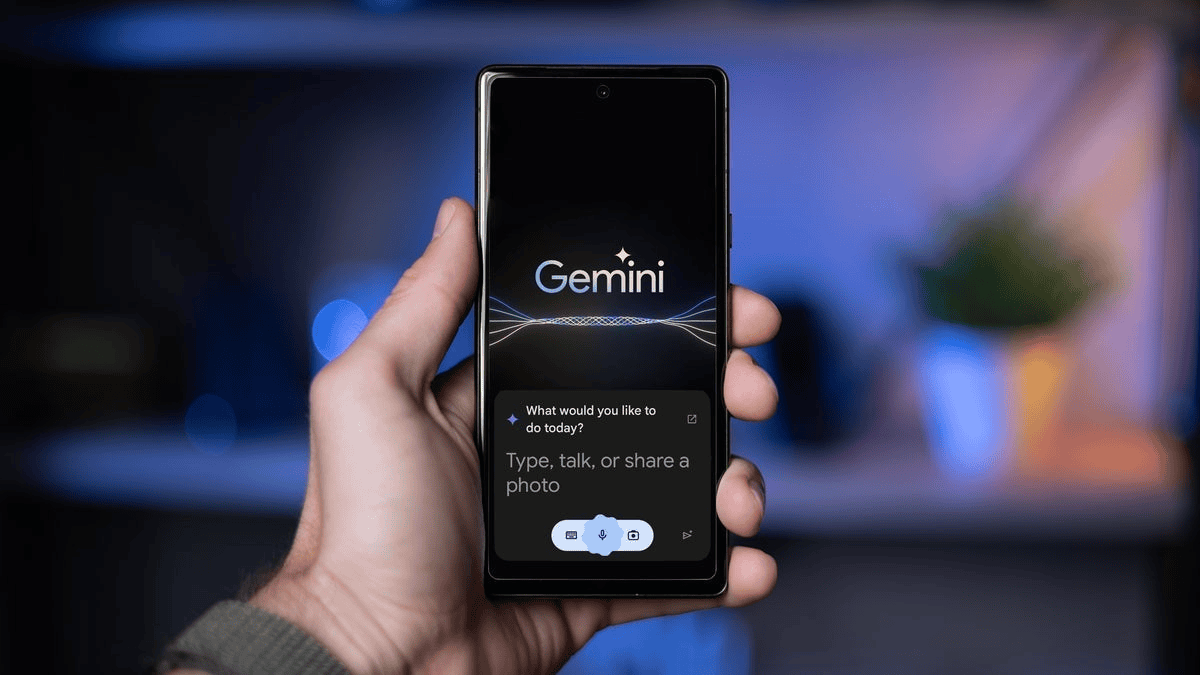
Apple tested three major AI models before making its choice. The company looked at OpenAI's ChatGPT, Anthropic's Claude, and Google's Gemini. After careful testing, Apple picked Google's Gemini earlier this year.
The choice was not random. Gemini 2.5 Pro currently ranks at the top of most AI comparison charts, and Gemini is far better than other models when it comes to compact models like their Gemma, which is best suited for mobiles.
These rankings measure how well different AI models perform on various tasks. Google's model consistently shows strong results across different tests.
Selection Factors:
- Performance Rankings: Gemini 2.5 Pro leads most AI leaderboards
- Proven Track Record: Samsung and major companies already use this Gemini
- Model Reliability: Tested and verified in real-world applications
- Technical Capability: Strong at both understanding context and planning tasks
Apple is not alone in trusting Google's AI. Samsung already uses Gemini to power its AI features. Several other major companies have built their systems on Google's Vertex AI platform. This widespread adoption shows that Gemini delivers solid performance for big tech companies.
Your Privacy is Still Protected

Apple made sure user privacy stays protected even while using Google's AI. The Google model will run on Apple's own servers, not on Google's systems. This setup keeps your personal data separate from Google's infrastructure.
Apple uses its Private Cloud Compute servers to handle all the AI processing. This means when you talk to Siri, your voice and data never reach Google's servers. Apple controls where the information goes and how it gets processed.
Privacy Safeguards:
- Server Control: Google's AI runs entirely on Apple's Private Cloud Compute
- Data Separation: User information never touches Google's infrastructure
- Apple Oversight: Full control over data storage and processing
- Isolated Processing: All Siri requests handled within Apple's secure environment
The arrangement works differently from other Apple-Google deals. With Safari, Google gets access to user search data. With this Siri setup, Google only provides the AI model. They do not see or collect any user information. Apple remains the only company that handles your personal data throughout the entire process.
The Money Behind the Deal
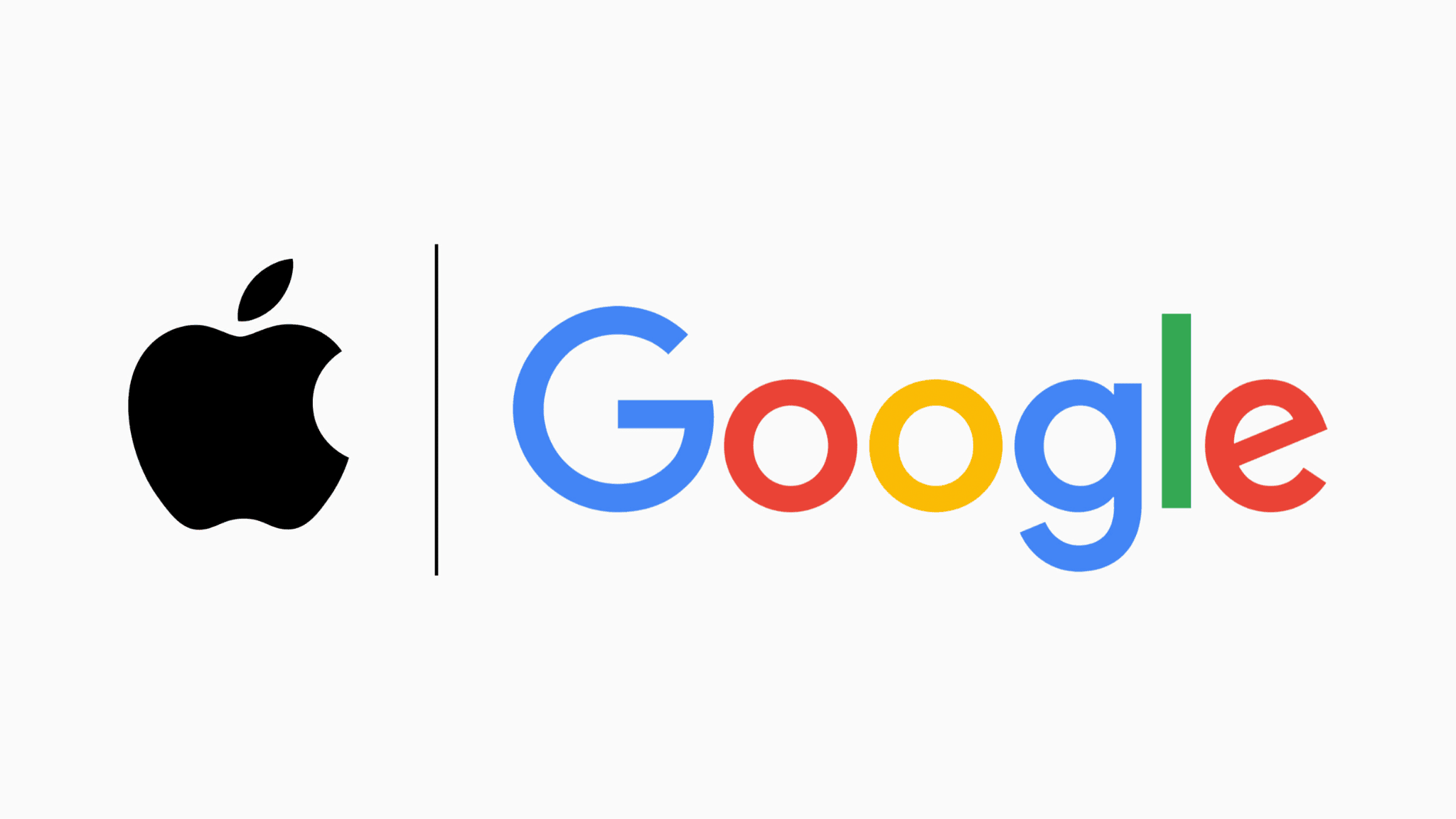
Apple will pay Google about $1 billion every year for access to the Gemini AI model. This makes it one of the largest AI technology deals in the industry. The payment covers Apple's use of Google's advanced model to power Siri's core functions.
Google will stay hidden from users. Apple plans to treat Google as a behind-the-scenes technology supplier. Users will not see Google's branding or know that Gemini powers their Siri experience. This approach differs from other partnerships Apple has with Google.
Deal Structure:
- Annual Payment: $1 billion paid to Google yearly
- No Public Branding: Google remains invisible to end users
- Technology Licensing: Apple gets model access without brand promotion
- Market Impact: Both stocks rose when the deal news released
The Safari partnership works differently. In that deal, Google pays Apple to be the default search engine, and users clearly see Google branding. With Siri, Apple pays Google but keeps the arrangement private. The financial markets responded positively when the news broke, pushing both company stocks higher.
Is This Forever? Apple's Long-Term Plan
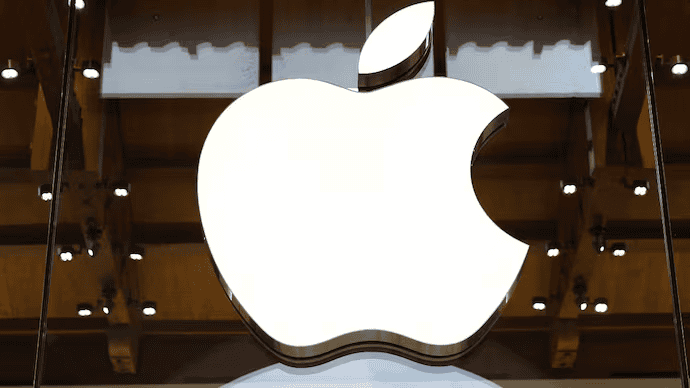
Apple does not plan to use Google's AI permanently. The company views Gemini as a temporary solution until it builds something better on its own. Apple wants to control its AI technology completely in the future.
Apple's AI team is currently working on building a 1 trillion parameter model. This model could be ready for users as early as next year. The company believes it can reach the same quality level as Google's custom Gemini system. However, creating competitive AI takes significant time and resources.
Development Timeline:
- Current Status: Building in-house 1 trillion parameter model
- Target Release: Potentially ready by late 2026
- Quality Goal: Match Google's Gemini performance levels
- Challenge: Google keeps improving Gemini continuously
- Resource Issue: Apple lost key AI talent, including head of models team
The path forward looks difficult. Google continues upgrading Gemini while Apple plays catch-up. Apple also faces another problem - the company has lost important AI talent recently. The head of its model team left for Meta. Despite these challenges, Apple remains committed to eventually replacing Google's technology with its own.
The Talent Problem at Apple
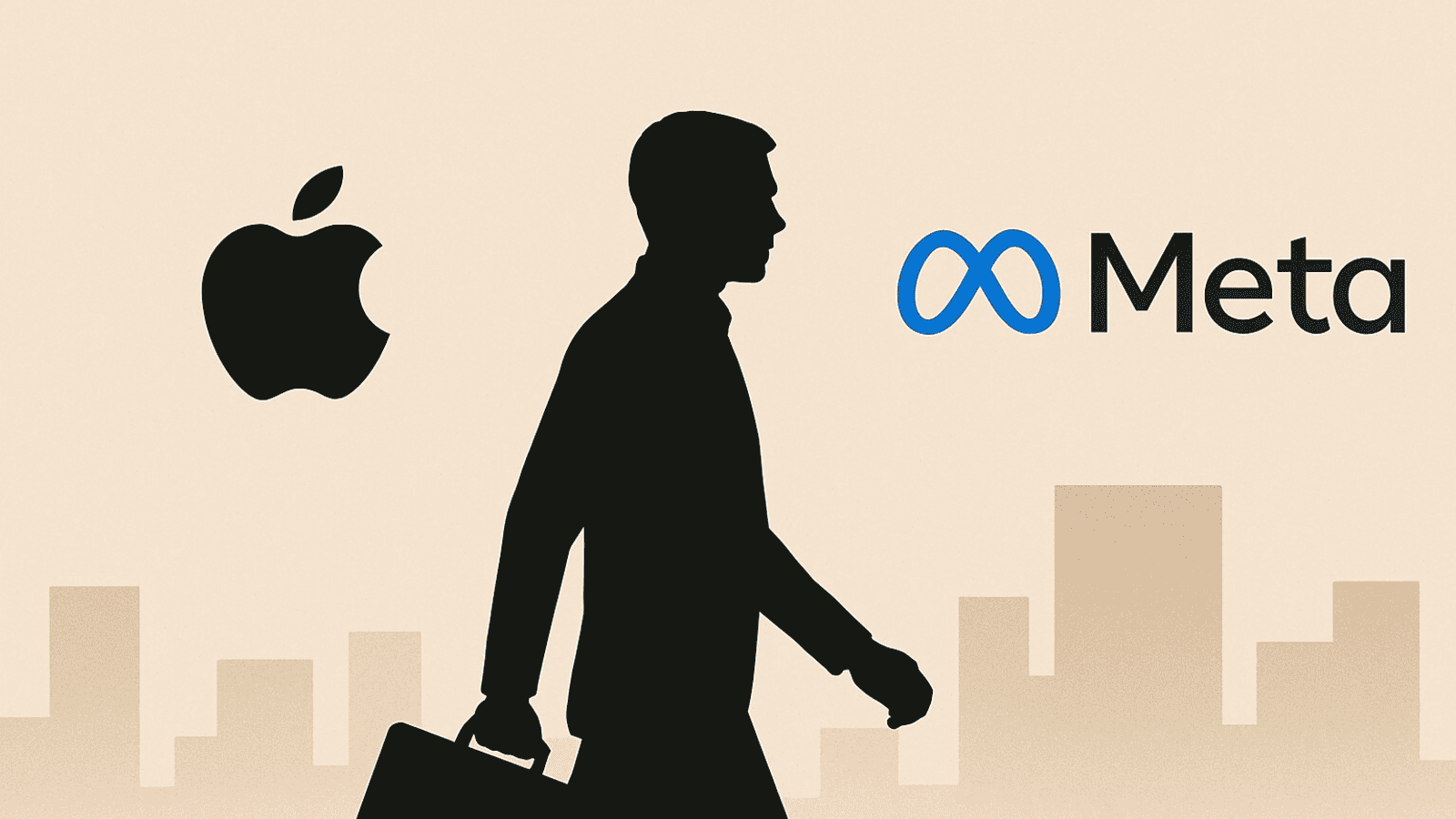
Apple lost many AI experts in 2025, creating serious problems for its AI development plans. Ruoming Pang, who led Apple's AI models team, left for Meta earlier this year. His departure came with a compensation package worth hundreds of millions of dollars.
The losses did not stop there. Ke Yang, who ran Apple's AI web search project and worked on the Siri overhaul, also joined Meta. Around 12 to 15 key AI researchers and executives left Apple within the year.
Major Departures:
- Leadership Loss: Head of AI models team moved to Meta
- Research Drain: Roughly a dozen Foundation Models team members left
- Competitor Gains: Staff joined Meta, OpenAI, and Anthropic
- Project Impact: Key figures from Siri and search initiatives departed
These departures hurt Apple's ability to build competitive AI technology. The company now struggles to keep pace while competitors actively recruit its best talent.
What About China?
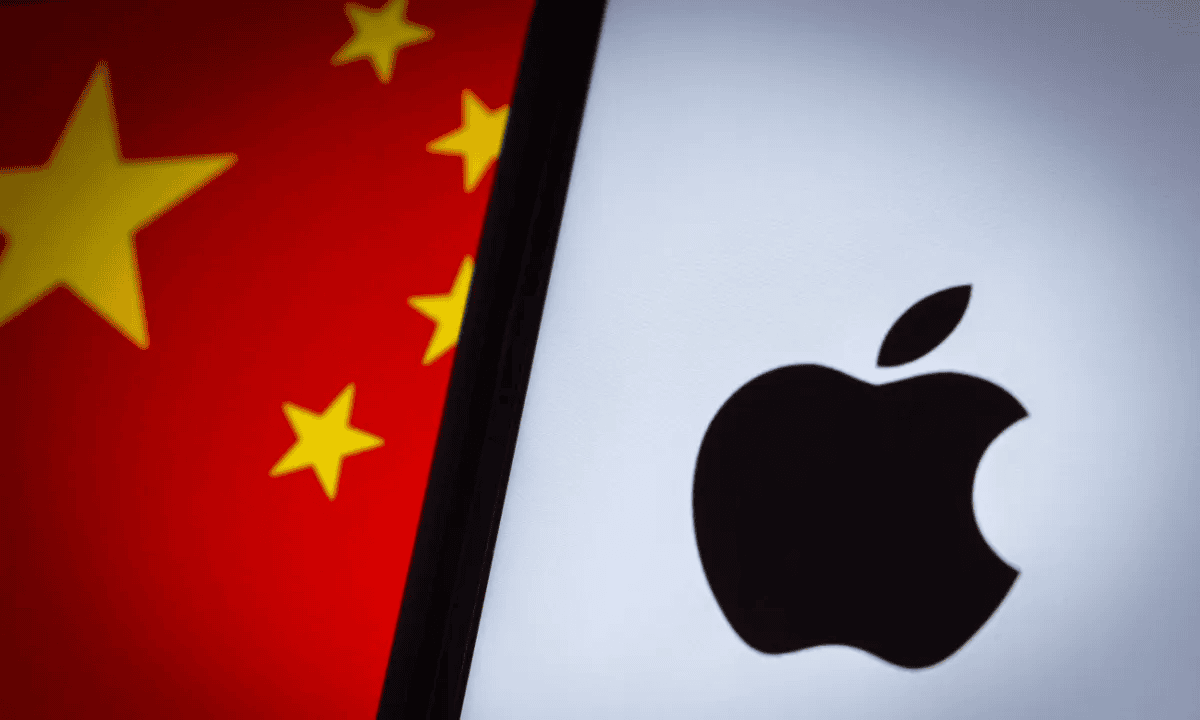
Apple faces a different challenge in China. Google services are banned in the country, which means Apple cannot use Gemini to power Siri for Chinese users. The company needs a completely separate solution for this important market.
Apple plans to use its own AI models for the Chinese version of Siri. The company will add a special filter developed by Alibaba Group. This filter will adjust content according to Chinese government requirements. It ensures that Siri's responses follow local regulations and restrictions.
China-Specific Strategy:
- No Google Access: Gemini unavailable due to government ban on Google
- Local Models: Apple's in-house AI will handle Chinese Siri
- Content Filtering: Alibaba-developed layer controls output
- Government Compliance: Filter adjusts responses per regulatory demands
- Alternative Partnership: Discussions ongoing with Baidu for AI support
Apple is also in talks with Baidu, China's leading search company. Baidu could provide additional AI capabilities for Apple's Chinese market offerings. This localized approach lets Apple bring the new Siri to China while following government rules and working without Google's technology.

Comments
Your comment has been submitted